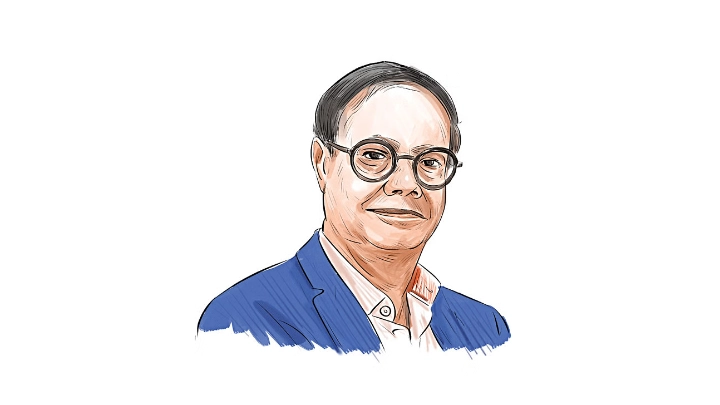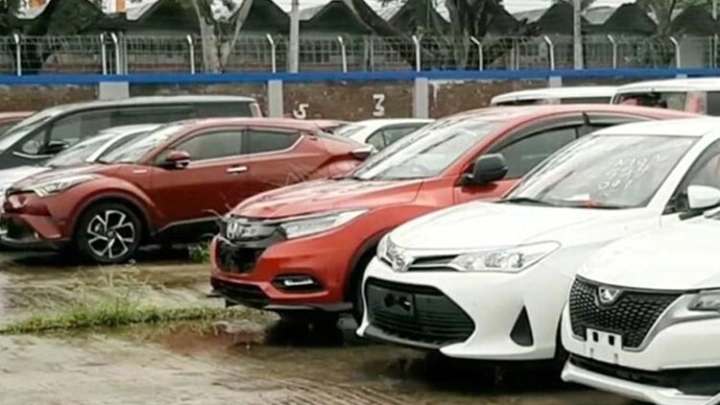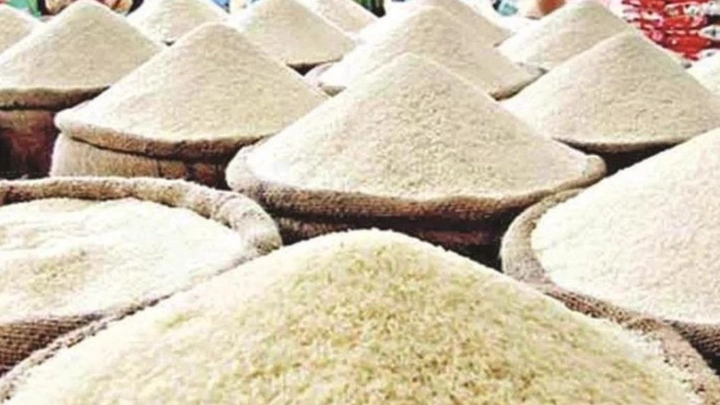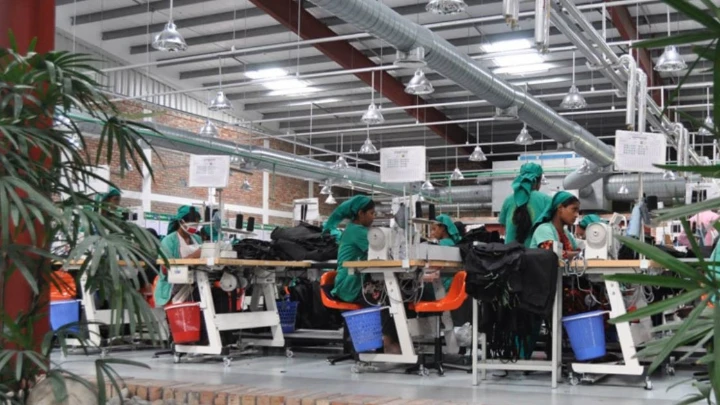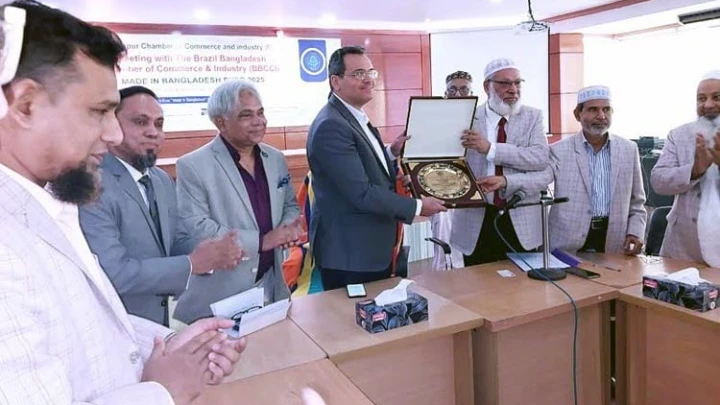South Asia continues to have some of the world's highest levels of opportunity inequality: The World Bank
FE ONLINE REPORT || Shining BD
According to the World Bank's latest regional economic update, South Asia has the world's highest inequality of opportunity as a result of recent economic shocks.
South Asia's sustained economic growth has lifted some 250 million people out of extreme poverty and improved living standards over the last two decades.
However, economic growth has not benefited all groups equally, and social progress remains elusive, according to the UN lender, who added that opportunity inequality is not only unfair but also inefficient.
In the regional update, the World Bank observed that inequality prevents optimal talent allocation, reduces incentives to accumulate human capital, and stifles long-term economic growth.
According to the update, "between 40 and 60% of total inequality in the region is driven by circumstances beyond an individual's control, such as place of birth, family background, caste, ethnicity, and gender."
Intergenerational mobility is also among the lowest in the world, with less than 9.0 percent of individuals whose parents have low levels of education reaching education levels in the upper 25%, according to the report.
The global lender made the remark following a conference in Dhaka titled "Expanding Opportunities: Toward Inclusive Growth" co-hosted by the BRAC Institute of Governance and Development (BIGD) and the World Bank.
The conference provides a forum for academics and researchers to debate South Asia's economic outlook and how socioeconomic disparities prevent the region from meeting its development goals.
According to the World Bank, South Asia has experienced an unprecedented combination of shocks over the last three years, and transitioning from recovery to growth necessitates ensuring inclusive economic development.
"Bangladesh has made significant progress in closing the opportunity gap, particularly in the education sector." "However, there is still a lot of work to be done," said Abdoulaye Seck, World Bank Country Director for Bangladesh and Bhutan.
"South Asian countries must continue to reduce socioeconomic disparities because they affect access to jobs, earnings, consumption, and welfare, as well as overall growth," Abdoulaye Seck added.
While inequality exists throughout the region, there is significant variation between countries. Bangladesh, Sri Lanka, and Bhutan have slightly higher mobility and equality of opportunity than their neighbors in the region.
According to the report, there is an urban premium within countries.
This means that being born in a city increases one's chances of moving ahead of one's own parents (in terms of education) and, more broadly, other circumstances do not constrain achievement as tightly as they do in rural areas, according to the global lender.
"Reducing inequality of opportunity and increasing economic mobility in South Asia is important because it is an essential part of broadening the tax base," said Hans Timmer, World Bank Chief Economist for South Asia, in a World Bank statement.
The report advocated for continuing to improve the quality of primary education and expanding access to secondary and higher education, as well as evaluating and strengthening affirmative action policies aimed at "low opportunity" groups and policies to improve the business climate for small and medium-sized businesses, which account for the majority of job opportunities for the less fortunate.
"The high levels of opportunity inequality and low intergenerational mobility in South Asia are not only unjust, but they also impede long-term economic growth," said Imran Matin, Executive Director of BIGD.
Shining BD



